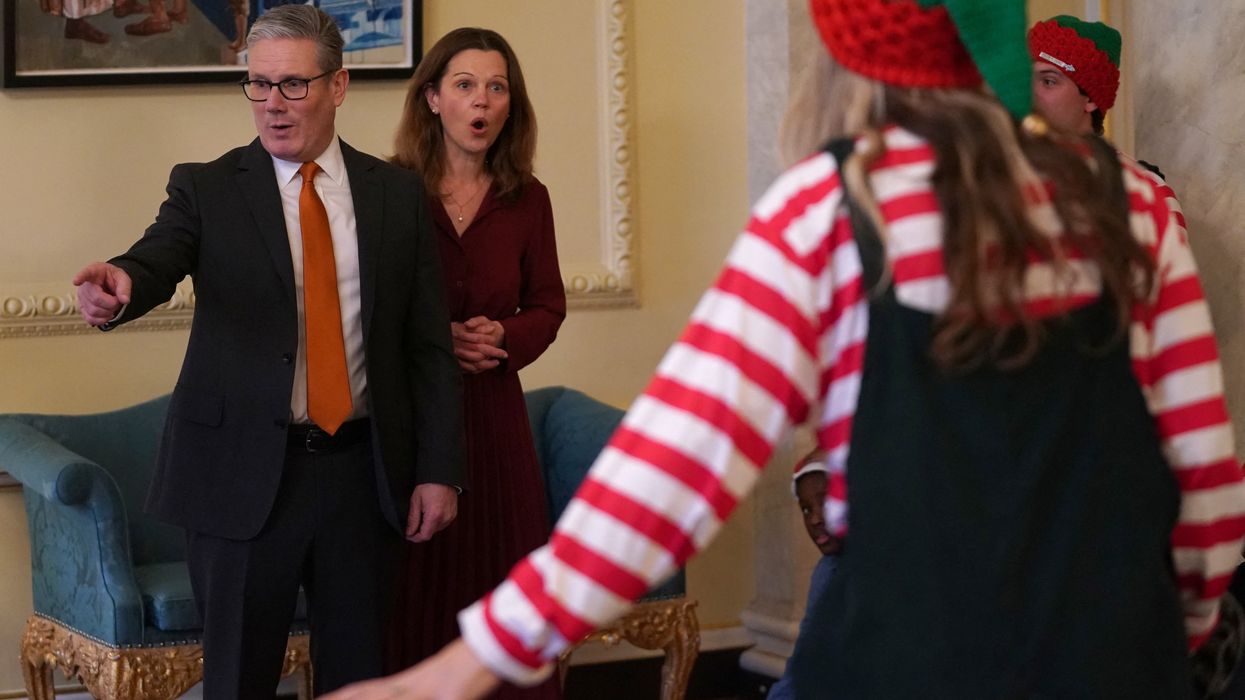BRITAIN officially became the 12th member of a trans-Pacific trade pact which includes Japan, Australia and Canada on Sunday (15) as it seeks to deepen ties in the region and build its global trade links after leaving the European Union.
Britain announced last year it would join the Comprehensive and Progressive Agreement for Trans-Pacific Partnership (CPTPP) in its biggest trade deal since Brexit.
The accession means Britain will be able to apply CPTPP trade rules and lower tariffs with eight of the 11 existing members from Sunday - Brunei, Chile, Japan, Malaysia, New Zealand, Peru, Singapore, and Vietnam.
The agreement enters into force with Australia on Dec. 24, and will apply with the final two members - Canada and Mexico - 60 days after they ratify it.
The pact represents Britain's first free trade deals with Malaysia and Brunei, but while it had agreements with the other countries, CPTPP provisions go further, especially in giving companies choices on how to use "rules of origin" provisions.
The CPTPP does not have a single market for goods or services, and so regulatory harmonisation is not required, unlike the EU, whose trading orbit Britain left at the end of 2020.
Britain estimates the pact may be worth £2 billion ($2.5bn) a year in the long run - less than 0.1 per cent of GDP.
But in a sign of the strategic, rather than purely economic, implications of the pact, Britain can now influence whether applicants China and Taiwan may join the group.
The free trade agreement has its roots in the US-backed Trans-Pacific Partnership, developed in part to counter China's growing economic dominance.
The US pulled out in 2017 under then-president Donald Trump and the pact was reborn as the CPTPP.
Costa Rica is the next applicant country to go through the process of joining, while Indonesia also aims to do so.
Created in 2018, it has been seen as a bulwark against Chinese dominance in the region, although Beijing has applied to join.
The bloc, which accounts for about 15 per cent of global gross domestic product (GDP), will give British businesses trade access to a market of more than 500 million people.
The previous Tory government signed Britain up in July 2023, with then business and trade secretary Kemi Badenoch calling it "the biggest trade deal" since the UK left the European Union.
Britain has secured a number of post-Brexit trade deals, including with Australia, New Zealand and Singapore since it left the EU's single market at the start of 2021.
It is also pursuing one with Gulf countries, and last month prime minister Keir Starmer announced that Britain and India are to resume stalled talks to agree a free trade deal.
A much sought-after trade deal with the US remains elusive and could become even less likely when Donald Trump enters the White House in January. A deal with Canada has also failed to materialise.
(Agencies)





